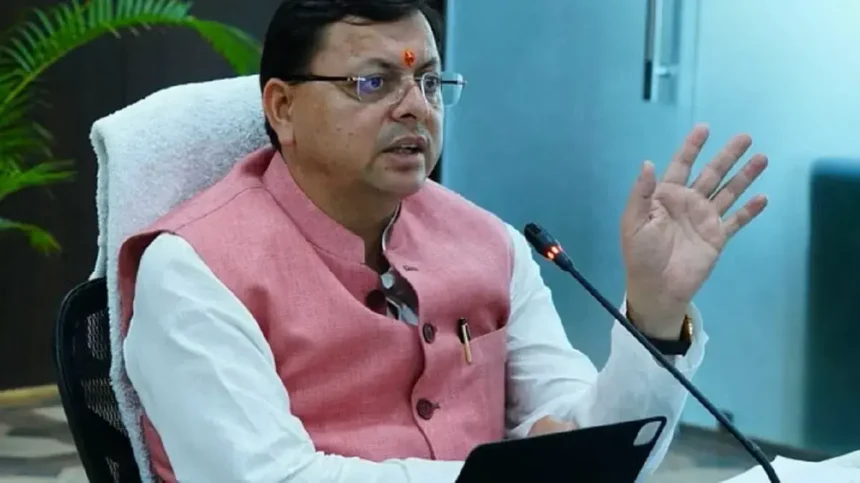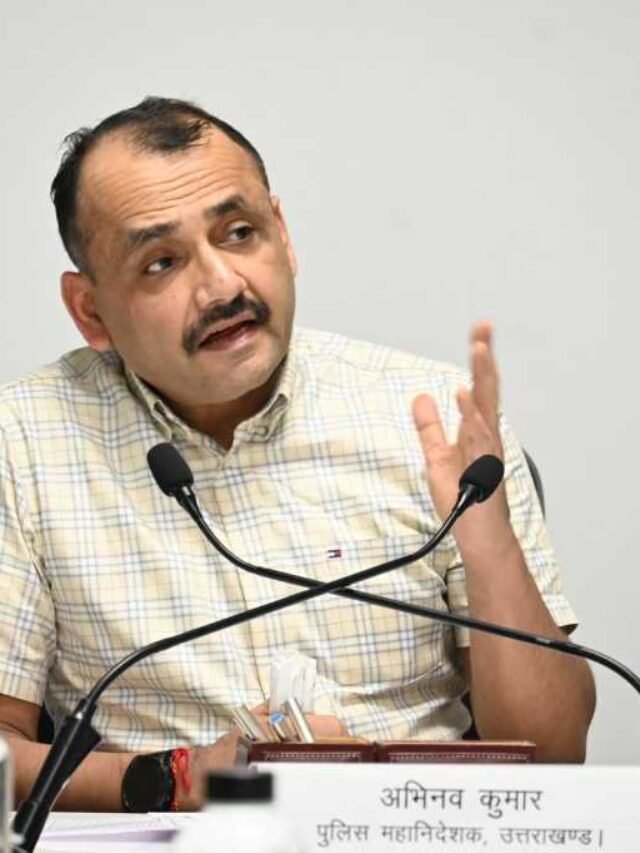In response to a question posed during a televised program, Chief Minister Pushkar Singh Dhami has officially declared that the Uniform Civil Code (UCC) will be put into effect in Uttarakhand within this year. Dhami highlighted that immediate actions will be taken as soon as the draft report on the UCC is made available.
The Chief Minister’s announcement was made in the context of a comprehensive discussion about the UCC on a television channel program. He acknowledged the longstanding demand for a uniform legal framework to be applied uniformly across the entire country.
- Advertisement -
Uttarakhand has shown proactive engagement with this matter, evident especially through the outcomes of the 2022 assembly elections, wherein the BJP secured a mandate supporting the implementation of the UCC. Subsequent to taking office, the state administration established an expert committee to craft the UCC. This committee diligently compiled inputs from diverse societal segments, including religious institutions, tribal representatives, and the general public. Additionally, the Law Commission conducted comprehensive opinion polls to solicit perspectives on this subject.
Dhami emphasized that the process of implementation will be swift and efficient. Once the government receives the committee’s report, immediate measures will be taken to advance its implementation. The Chief Minister affirmed with conviction that the UCC will be officially enacted within the state during the course of this year.
Strides in Addressing Encroachment Issues and Ensuring Equality Under the Law
Beyond the significant UCC announcement, Chief Minister Dhami also addressed the critical matter of encroachment on forest land. He revealed that encroachments on a substantial area totaling three thousand hectares of forest land have been effectively rectified. Structures that had encroached upon these lands are currently undergoing dismantlement. The Chief Minister underscored a strict stance against any individual taking the law into their own hands within Uttarakhand. He provided assurance that the process of encroachment removal is impartial, treating all individuals fairly irrespective of their religious, caste, or creed affiliations.
- Advertisement -
Understanding the Uniform Civil Code
The concept of the Uniform Civil Code (UCC) revolves around a comprehensive set of laws that govern various personal aspects, ranging from marriage and divorce to inheritance and adoption. This standardized code applies universally, irrespective of an individual’s religious or communal affiliations. In India, the UCC sparks considerable controversy due to the presence of distinct personal laws among diverse religious groups.
Advocates of the Uniform Civil Code
Supporters of the UCC put forth arguments centered on the promotion of gender equality and social justice. They shed light on the unequal nature of personal laws within specific religious communities, which afford men the privilege of unilateral divorce while withholding women’s right to inherit property. Proponents also emphasize the potential for the UCC to simplify the legal structure, thereby making individuals more informed about their rights.
Opposition to the Uniform Civil Code
Opponents of the UCC contend that its implementation could encroach upon the fundamental right to religious freedom. They assert that each religious group should retain the autonomy to govern its personal matters in alignment with its own beliefs and customs. Furthermore, critics raise concerns about the practical challenges and potential societal unrest that may arise from enforcing a uniform code.
The Current Landscape in India
As of now, India lacks a Uniform Civil Code in place. Varied religious groups continue to adhere to their distinctive personal laws. Nonetheless, the Supreme Court of India has upheld the state’s authority to enact a UCC, affirming its constitutionality.
The Path Forward for the Uniform Civil Code in India
The potential introduction of a Uniform Civil Code has been a subject of contemplation within the Indian government for an extended period. However, achieving a consensus on this matter has proven intricate. Firm opposition from specific religious groups persists, and the government is cautious about potential disruptions to social cohesion.
Forecasting the trajectory of the Uniform Civil Code in India is complex. The government may eventually overcome opposition and successfully establish the UCC. Alternatively, the issue could remain unresolved, leaving its destiny uncertain for an extended duration.










